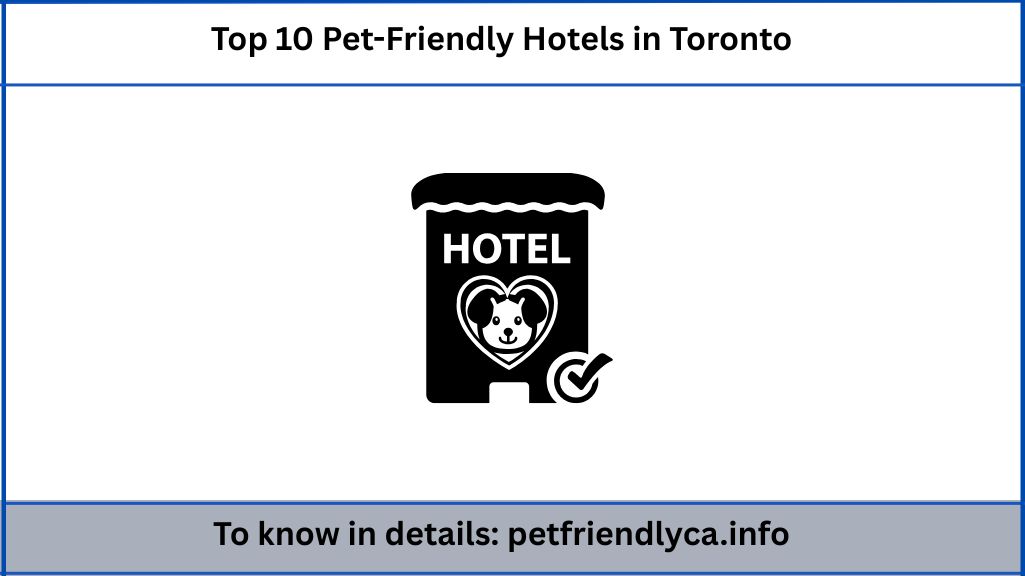Bringing a furry friend into your home is exciting but if you’re renting in Canada, convincing your landlord can be a whole other story. Some landlords have concerns about pets in rental properties, but that doesn’t mean it’s impossible. With the right approach, respectful communication, and a little preparation, you can increase your chances of getting a “yes.”
In this guide, we’ll walk you through how to talk to your landlord about pets and actually convince them.
🐾 Why Are Landlords Often Hesitant About Pets?
Landlords usually aren’t trying to be mean they just want to protect their property. Here are the most common concerns:
- Property damage: Scratched floors, chewed furniture, or accidents on carpets.
- Noise complaints: Barking dogs or noisy birds disturbing neighbours.
- Allergies: Some tenants may be allergic to pet dander.
- Odours and cleanliness: A fear that future tenants may find the unit unclean.
- Legal complications: If a pet bites someone or damages property.
Understanding these worries can help you address them directly when you talk to your landlord.
🇨🇦 Know Your Tenant Rights in Canada
Each province in Canada has different rules about pets in rental units.
| Province | Can Landlord Ban Pets? |
|---|---|
| Ontario | Yes, unless it’s a service animal. |
| British Columbia | No, landlords cannot refuse pets after lease is signed unless otherwise specified. |
| Alberta | Yes, pets can be restricted. |
| Quebec | Yes, unless the lease allows pets. |
| Nova Scotia | Yes, unless it’s discriminatory or unreasonable. |
📝 Tip: Check your lease and provincial tenancy laws. Service animals have different protections.
📋 Before You Ask: What to Prepare
Landlords love responsibility. Show them you’re a reliable tenant by coming prepared:
✅ 1. Create a Pet Résumé
Yes, it’s a real thing! Include:
- Pet’s name, breed, age, size
- Personality traits (e.g., calm, well-trained, doesn’t bark)
- Training certificates (e.g., obedience classes)
- Vaccination & spay/neuter status
✅ 2. Vet Records
Show that your pet is healthy, vaccinated, and gets regular check-ups.
✅ 3. References
Ask previous landlords or neighbours for a short note saying your pet was never a problem.
✅ 4. Pet Insurance (Optional)
If you have pet liability coverage, mention it! It shows you’re prepared for accidents.
🗣️ How to Talk to Your Landlord
📞 Be Respectful and Direct
Call, text, or email politely. Keep your tone friendly and open.
Sample Email:
Hi [Landlord’s Name],
I wanted to ask if you would consider allowing a small pet (a [breed], about [weight] lbs) in the apartment. I’ve attached some info about my pet and can provide vet records and references.
I’m happy to discuss any concerns and would be open to a pet deposit or cleaning agreement.
Thank you for considering this.
Best,
[Your Name]
🧼 Reassure Them with Promises (and Proof)
Show them you’re serious about responsibility:
- Offer a pet deposit (if legal in your province)
- Agree to extra cleaning at move-out
- Share your pet insurance or agree to pay for damages
- Promise regular grooming or cleaning
🐕 “I walk my dog twice daily and he’s trained not to bark unnecessarily.”
⚖️ What If Your Landlord Says No?
Sometimes, even after all efforts, the answer is still no. Here’s what you can do:
- Negotiate: Ask if there’s a trial period or if small pets are allowed.
- Look for pet-friendly rentals: Search platforms like Kijiji or Rentals.ca using the “pets allowed” filter.
- Know your rights: Some no-pet clauses can’t be enforced (like in Ontario after lease is signed), especially in the case of emotional support or service animals.
- Appeal through provincial rental board if you feel unfairly treated.
🙋♀️ FAQs About Pets and Landlords in Canada
❓ Can my landlord evict me for getting a pet?
Depends on your province and lease agreement. In Ontario, if there’s no valid reason (e.g., damage, danger), eviction is hard to justify.
❓ Is a “no pets” clause legal?
In some provinces, yes. In others (like BC), it may not be enforceable after lease signing.
❓ What if I hide my pet?
Not recommended. It can lead to eviction, legal issues, and landlord mistrust.
🐶 Final Thoughts: Be Honest, Be Ready
Landlords aren’t your enemy, they just want reliable tenants. When you show that your pet is well-behaved and that you’re responsible, many will change their minds.
👉 Remember: Respect, preparation, and transparency are your best tools.
📢 Your Turn!
Have you convinced a landlord to allow your pet? Share your tips or experiences in the comments below — let’s help fellow renters live happily with their furry friends!


